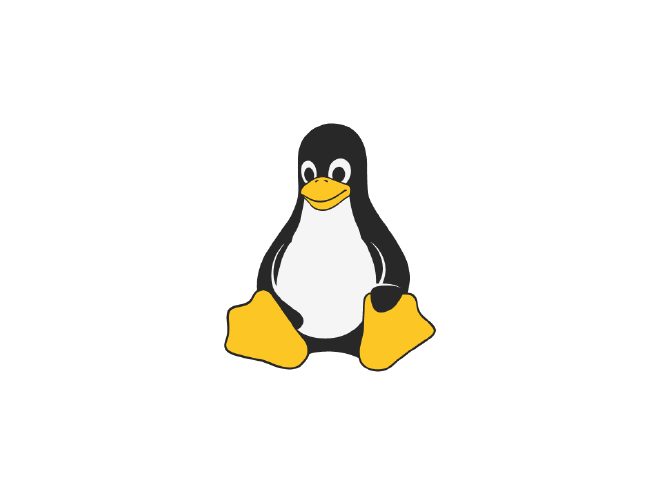Why Linux?

Introduction #
Whenever we mention the word “operating system”, most people think of titles like Windows, which is by far the most common desktop OS with a market share of 72.2%. Others might first think of macOS, which is also quite common and growing rapidly thanks to the new M series chips that have boosted its market share to 15.4%. However, a smaller but dedicated group (around 4%) might think of Linux first. It’s the only open-source desktop operating system among the top 3 mentioned here.
The power of being open source comes with many responsibilities for the contributing communities who keep the OS evolving. However, this openness also offers many advantages that many people end to overlook.
Linux Distributions #
Linux is an open-source operating system, meaning its source code is freely available to the public. This allows developers from anywhere to view, edit, modify, and expand its functionality. This in contrast to closed-source systems, where companies keep their source code locked away and only release the executables and files necessary to run the operating system, is making modifications difficult.
Due to its open-source nature, many developers have contributed to Linux, expanding its source code by adding features, enhancements, and optimizations. Additionally, developers can create different versions of Linux called distributions (distros for short). A Linux distro is simply an OS based on the Linux kernel with all the core functionalities of a normal operating system.
However, there can be differences in the user interface (UI), the package management system, and how software interacts with the OS due to variations in the source code. This is why some Linux distros are faster or more optimized than others on the same hardware. Popular general-purpose distros include Ubuntu, Debian, and Fedora. There are also career-specific distros built for specific needs, such as Parrot OS (based on Debian) for cybersecurity professionals and REMnux for malware analysts.
Linux Use Cases and why you should consider them. #
Now you might be asking yourself why do I need to consider using Linux in the first place most people use Windows or macOS and get by just fine. Well, Linux is widely known for its stability and ability to run smoothly on various hardware, especially low-spec machines. If your system has limited memory or CPU power, Linux can still perform well compared to Windows, which generally requires more RAM than most Linux distributions. Upgrading to Linux is also completely free! Unlike Windows, you don’t need to purchase a copy with a license key. Linux is also a popular choice for organizations servers due to its stability, security, and flexibility. Many web servers, database servers, and file servers run Linux as their OS. It’s also found in most embedded systems and devices like routers, switches, navigation equipment, and even medical instruments. This is because Linux is versatile and, more importantly, stable, which is crucial for embedded systems with low-end hardware.
It’s important to note that using Linux as your daily driver has both pros and cons. On the plus side, you have a vast amount of customization options. You can install various desktop environments like GNOME and Xfce, and even completely change the GUI layout, which is typically locked down in Windows and macOS. However, marketing Linux can be challenging because it lacks the standardization and centralization of Windows and macOS, which are distributed and controlled by single entities. This can lead to compatibility issues between some software and certain Linux distributions. Additionally, the vast number of Linux distributions available can overwhelm users and make them hesitant to trust the seemingly uncontrolled and ever-growing world of Linux, leading them to stick with the more limited but centralized options like Windows or macOS. But fear not because with the growing popularity of Linux, this is becoming less of a concern as the community is becoming more standardized towards the most recommended and supported Linux options.
Closing Words #
So, that’s the beauty of Linux! It’s an open-source powerhouse that offers something for everyone, from solid server stability to lightweight performance on aging and slow machines. Sure, there might be a few bumps on the road due to distribution variety, but the supportive community and endless customization options make the journey worthwhile. Who knows, you might just end up tweaking your desktop environment, tinkering with open-source software, and becoming a Linux enthusiast yourself. The world of open-source is waiting to be explored, and with a liele research, you might find Linux to be the perfect fit for your computing needs.
Dive in, and don’t be afraid to ask for help, the Linux community is super friendly to newcomers and loves helping each other out.